
About the Programme
The Women in Conservation Technology Programme (WiCT) was launched in 2022 at Ol Pejeta Conservancy (OPC) in Kenya to support East African women in conservation technology. In its second year, the program will be hosted in Tanzania and run by Grumeti Fund via Research and Innovation for the Serengeti Ecosystem (RISE), WILDLABS, Fauna & Flora, and ConTech Africa.
The Grumeti Fund is a non-profit organization carrying out wildlife conservation and community development work in the western corridor of the Serengeti ecosystem. RISE is a Grumeti Fund program aiming to develop research that targets tangible solutions for conservation problems and contributes to developing the next generation of Tanzanian conservation scientists. WILDLABS is the global online hub for conservation technology, providing connections, resources, and training to conservationists, researchers, and engineers worldwide. Fauna & Flora is an international NGO dedicated to protecting the planet's threatened wildlife and habitats. ConTech Africa is a Tanzanian consultancy firm specialising in conservation technology services.
Programme Details
The 2023 programme will encompass a three-month experience where the cohort of early-career women will explore technological solutions to overcome conservation challenges with two primary aims:
- First, to introduce participants to various hardware, software, and data management tools used for wildlife monitoring, wildlife protection, and resource management so that they may effectively use these tools in their work.
- Second, to arrange opportunities for professional development and networking to empower a community of women working in conservation technology across this region.
Participants will attend two in-person workshops at the Grumeti Fund, with the first running for five days and the second for three days. We will facilitate virtual and in-person professional development training during the three-month interim period between workshops. Additionally, participants will have opportunities to continue engaging with the cohort and broader networks of women and conservational professionals in Tanzania after the completion of the program.
The first workshop in June will provide an immersive introduction to hardware and software tools used for wildlife monitoring and protection, community engagement, and resource management. The program will also have mentorship and networking sessions where participants can interact with other female leaders in the conservation technology field across Tanzania.
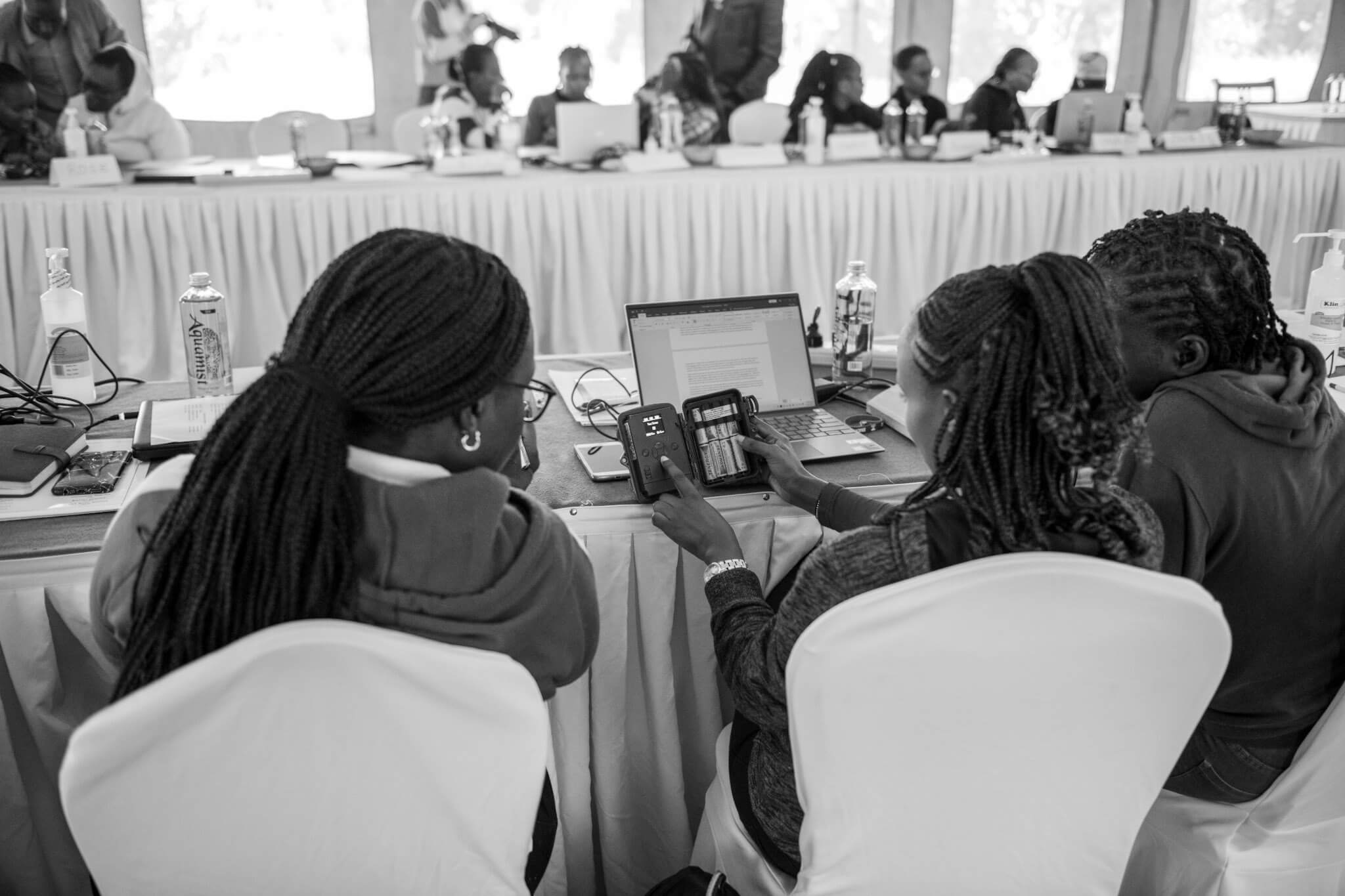
The Mentors Shaping the Next Generation of Tanzanian Women in Conservation Technology
This year, the program has chosen four outstanding women across diverse and relevant spaces within conservation technology in Tanzania to run technical training sessions, as well as mentorship and career guidance activities, as they share their knowledge and experiences to empower the emerging generation of female Tanzanian conservation technology leaders. Get to know who our mentors are for this year’s programme by checking out their profiles below.
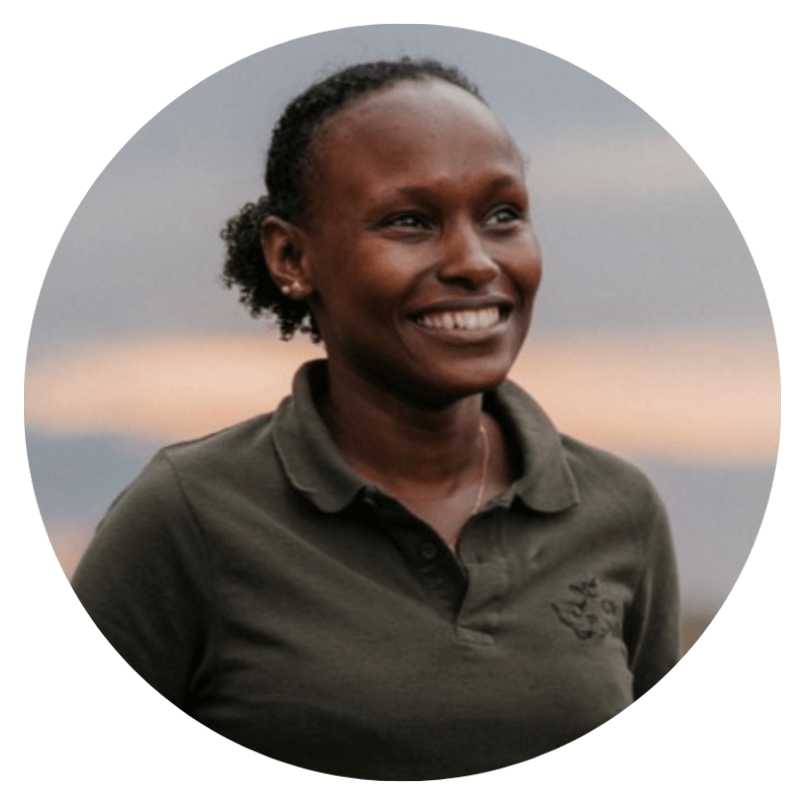
1. Alina Peter: Alina is the founder of ConTech Africa started in 2023 as a Tanzanian start-up specialising in conservation-related technology. She holds MBAs in Information Technology Management from Coventry University and a CMBA from the African Leadership University's School of Wildlife Conservation and has an extensive experience in the applicability of technology in solving conservation-related challenges.

2. Dr. Libe Massawe: Dr. Libe is a Lecturer in the Department of Electronics and Telecommunication Engineering, College of Information and Communication Technologies of the University of Dar es Salaam. She teaches courses in Digital & Analogue Electronics, Control Engineering, Digital Telecommunication, Sensors and Microsystem Engineering. Her research interests include RFID, Sensor networks, and Wireless communication.

3. Dr. Charlotte Searle: Charlotte Searle is a large carnivore researcher working at the University of Oxford's WildCRU and affiliated with Tanzanian NGO - Lion Landscapes, carrying out research to better understand Tanzania’s large carnivores. Her DPhil research on the status and ecology of the African leopard (Panthera pardus) saw her conducting a series of camera trap surveys in Ruaha-Rungwa, in collaboration with the Ruaha Carnivore Project (RCP) and Southern Tanzania Elephant Program (STEP).

4. Dr. Claire Bracebridge: Claire is the Program Manager & Researcher at North Carolina Zoo with over 23 years of conservation experience. She helped establish the first long-term vulture monitoring project in Tanzania. By using the latest technology her work has helped identify key threats to vultures and poisoning hotspots, rang the alarm on vulture declines in Tanzania, and contributed to the development of advanced real-time monitoring systems which better protect vultures, elephants, and carnivores.
The Exceptional Women in Our Tanzania Cohort
This year, we’re welcoming ten early-career Tanzanian women in conservation, selected out of nearly 150 applicants. The cohort comprises extraordinary conservationists with a predominantly wildlife management background ranging from mapping bird distribution to herbarium curation. Each woman has a unique experience, perspective, and drive toward applying various technological tools to solve conservation-related challenges across biodiverse Tanzania.
The outstanding women joining this year’s programme are excited to network among peers with similar interests and career pursuits and learn in a supportive, all-female environment from experienced Tanzanian experts setting the pace in conservation technology. All participants will be funded for in-country travel and accommodation. Get to know our cohort for this year’s programme by checking out all ten of their profiles below.
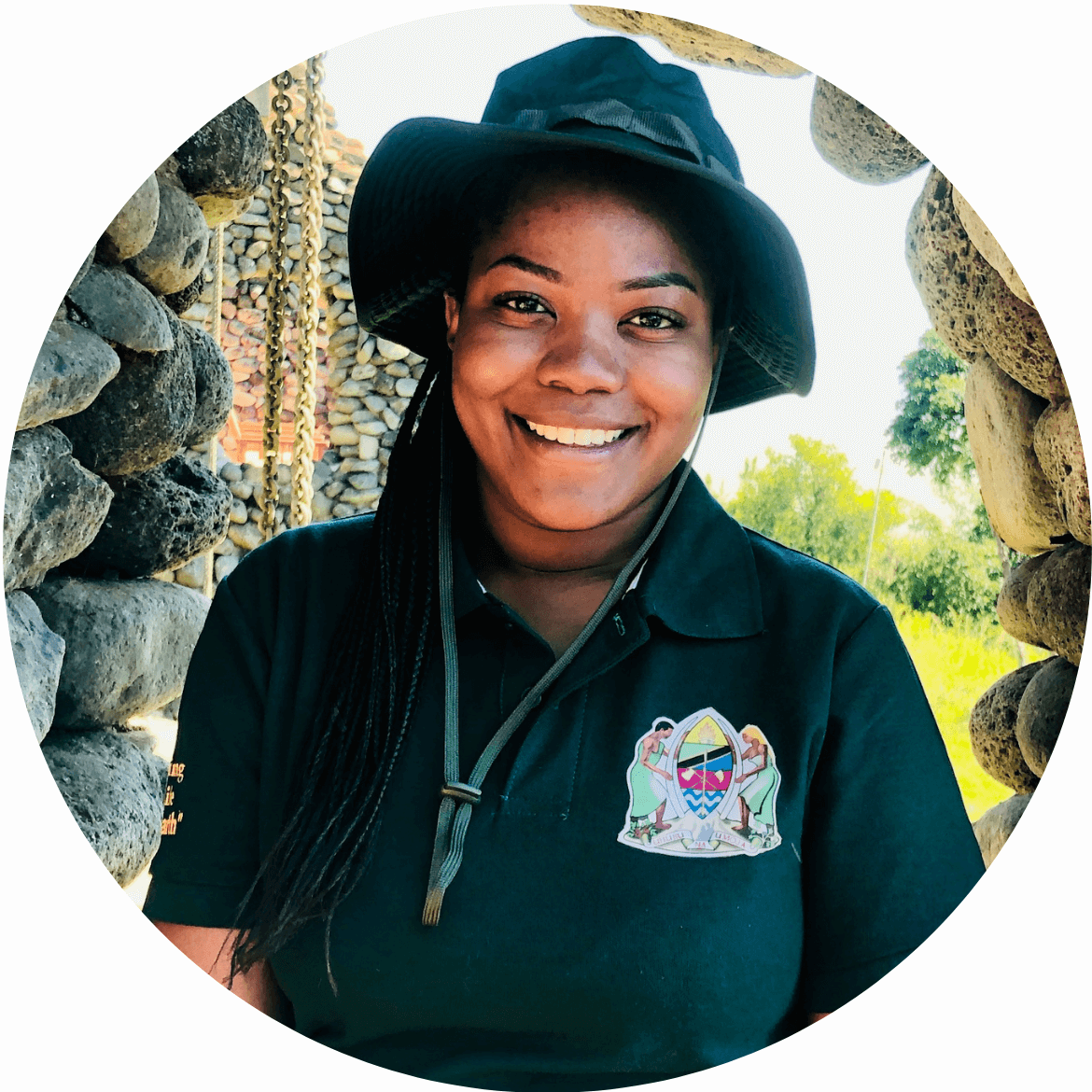
1. Aichi Mkunde: Aichi is pursuing a Ph.D. in Conservation Management from the Nelson Mandela Metropolitan University specializing in the cheetah movement along human-dominated landscapes. She also serves as an Honorary Research Affiliate at the University of Glasgow involved in research centered on human-wildlife conflicts in the villages surrounding Mkomazi National Park.
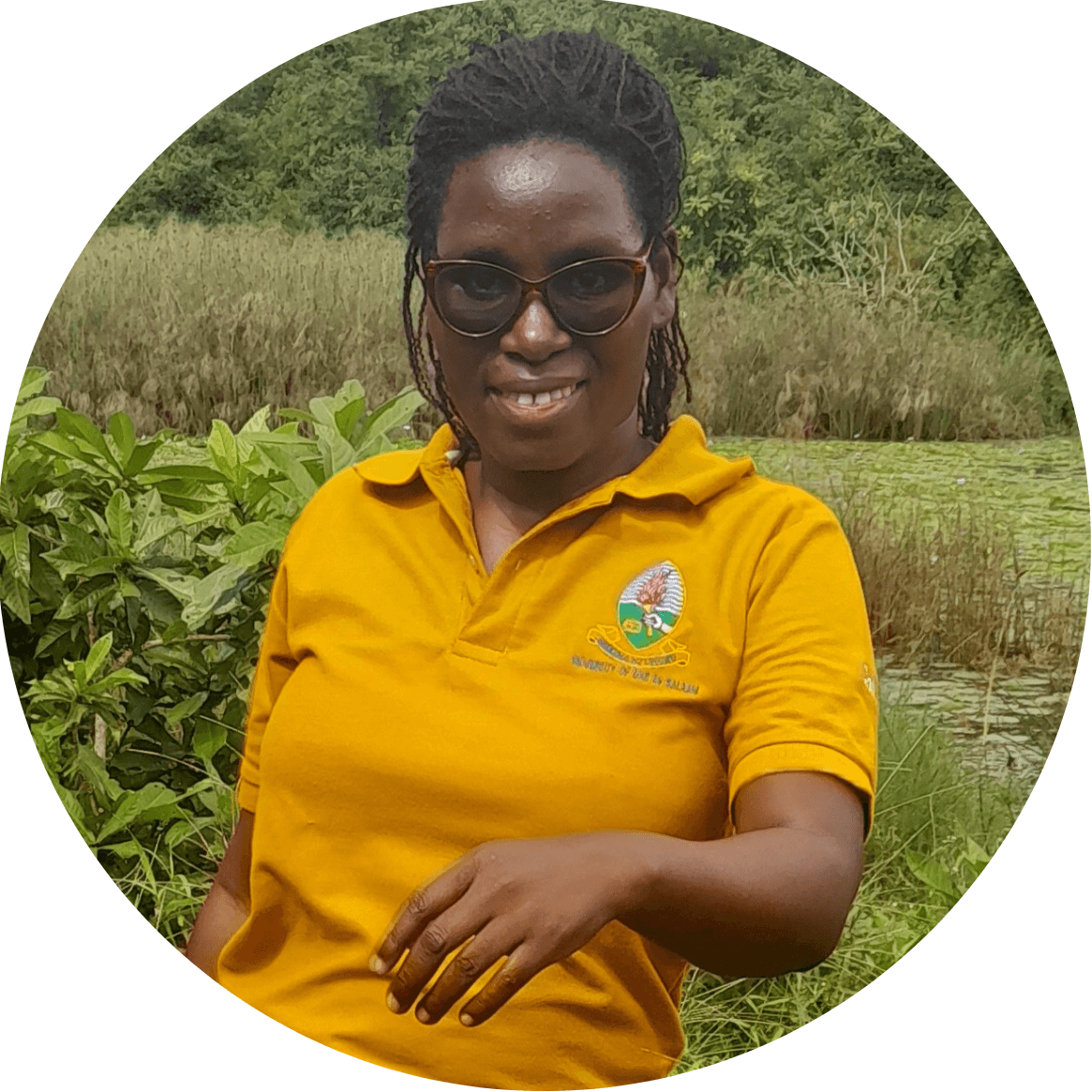
2. Angelamercy Baltazary: Angelamercy is an Assistant Lecturer at the Department of Zoology & Wildlife Conservation in the College of Natural & Applied Sciences, University of Dar es Salaam (UDSM). Her research interests are in Indigenous People and Local Communities' cultural practices and knowledge on wildlife conservation and IPLC's climate change coping strategies.

3. Eliminatha Ambross: Eliminatha holds a Bachelor's Degree in Wildlife Management from the College of African Wildlife Management, Mweka. She currently volunteers as the Assisting Herbarium Curator at the College of African Wildlife Management, Mweka, in digitisation of plants specimens collected from different parts of Tanzania for over 60 years by using BRAHMS Technology.

4. Ester Matingisa: Ester is a Database Intern for Tanzania Bird Atlas Project in Iringa. This project involves mapping the distribution of all the birds in Tanzania. She has 5 years experience in conducting wildlife surveys and graduated from Sokoine University of Agriculture with a Bachelor of Science in Wildlife Management. She is interested in Ornithology & Herpetology.
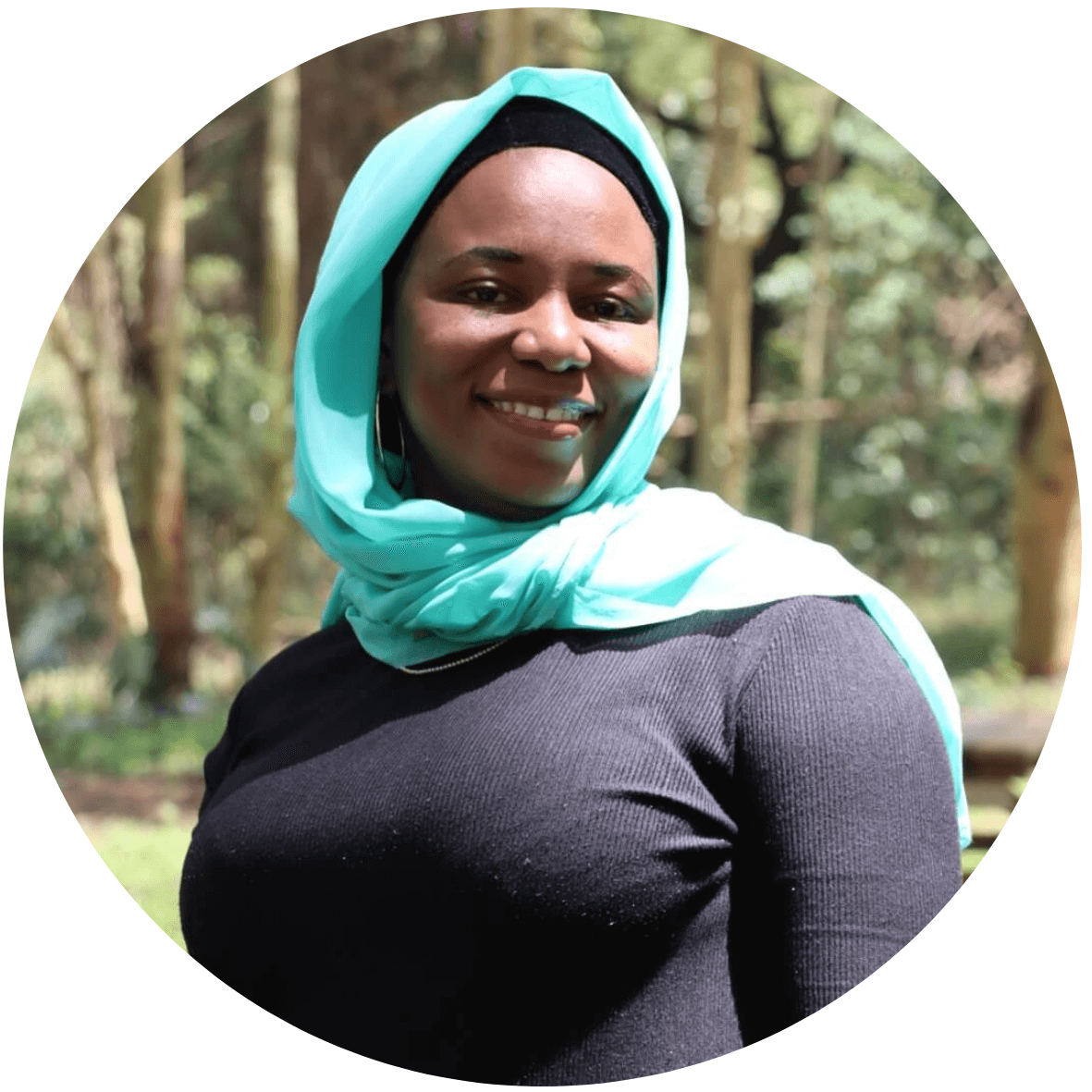
5. Fatma Kitine: Fatma works as the Governance & Communication Program Coordinator at Honeyguide Foundation and is completing her MSc in Biodiversity & Ecosystem Management at The Nelson Mandela Institution of Science & Technology. She holds a BSc. in Wildlife Management from the Sokoine University of Agriculture and is passionate about political ecology.
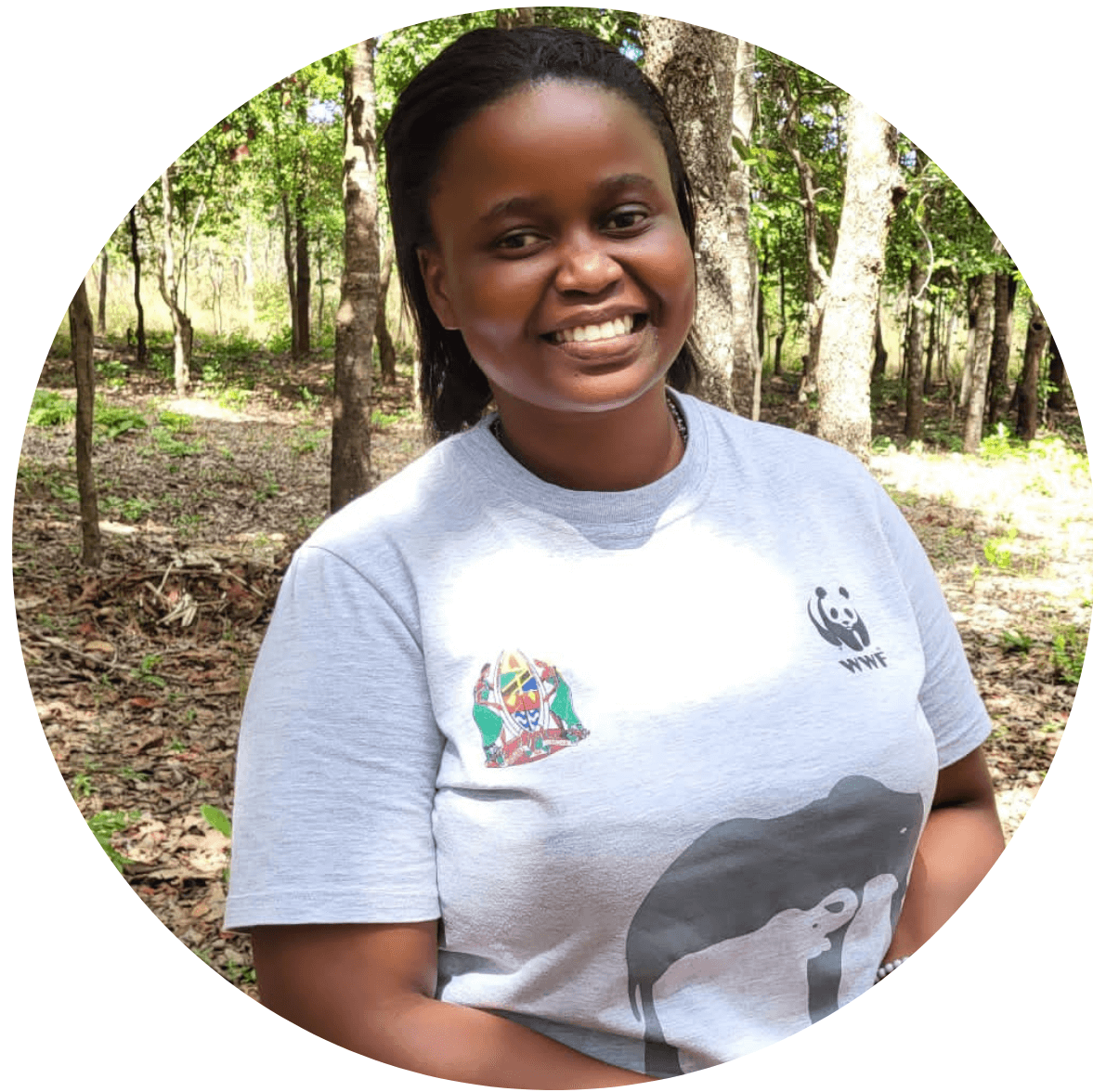
6. Irene Masonda: Irene is a Sokoine University of Agriculture graduate with a Bachelor of Science in Wildlife Management. She currently works as an Outreach and Environmental Education Intern for an international conservation organization - WWF TCO to implement innovative and dynamic environmental education and outreach activities.

7. Maryam Mwinyi: Maryam holds a Bachelor’s Degree in Environmental Science and Management from Sokoine University and works at Mwambao, a local NGO focused on improving the livelihoods of coastal communities. She actively engages in projects that promote sustainable practices and empower local people to safeguard their marine resources across Zanzibar.

8. Sarah Maagi: Sarah recently graduated from the University of Dar es Salaam with a Bachelor's Degree of Science in Wildlife Science and Conservation. After graduating, she worked as an intern at Lion Landscapes, a conservation organisation based in Iringa region, where she gained skills and experience that helped to improve her career.

9. Susan Chege: Susan holds a Bachelor’s Degree in Wildlife Management from the College of African Wildlife Management, Mweka and has been undertaking a three-month Project Internship with African People & Wildlife (APW). Currently, she is transitioning to work as a research assistant at the Great Mahale Ecosystem Research (GMERC) studying Chimpanzee Ecology.

10. Ashura Rajabu: Ashura holds a Diploma in Wildlife Management from the College of African Wildlife Management, Mweka. She joined Grumeti Fund as a volunteer and then was hired at the end of 2021. Ashura is currently a Human Wildlife Conflict Mitigation Assistant under the Department of Relations at the Grumeti Fund in the Human-Wildlife Conflict Mitigation Unit (HWCMU).
Benefits and Expectations
Participants will find mentorship, gain valuable professional development and job experience, and build meaningful connections with the regional and global conservation technology community. The program will be taught in Swahili and English, with a certification issued upon completion.

Follow the Journey
As we launch the first in-person workshop for our Women in Conservation Technology Programme in Tanzania, we invite you to follow our talented cohort on their journey. Join the Women in Conservation Tech Programme (WiCT) WILDLABS Group to keep up to date with the programme activities. Daily updates will also be posted on our Twitter, Instagram, and LinkedIn pages. Follow us to learn more!

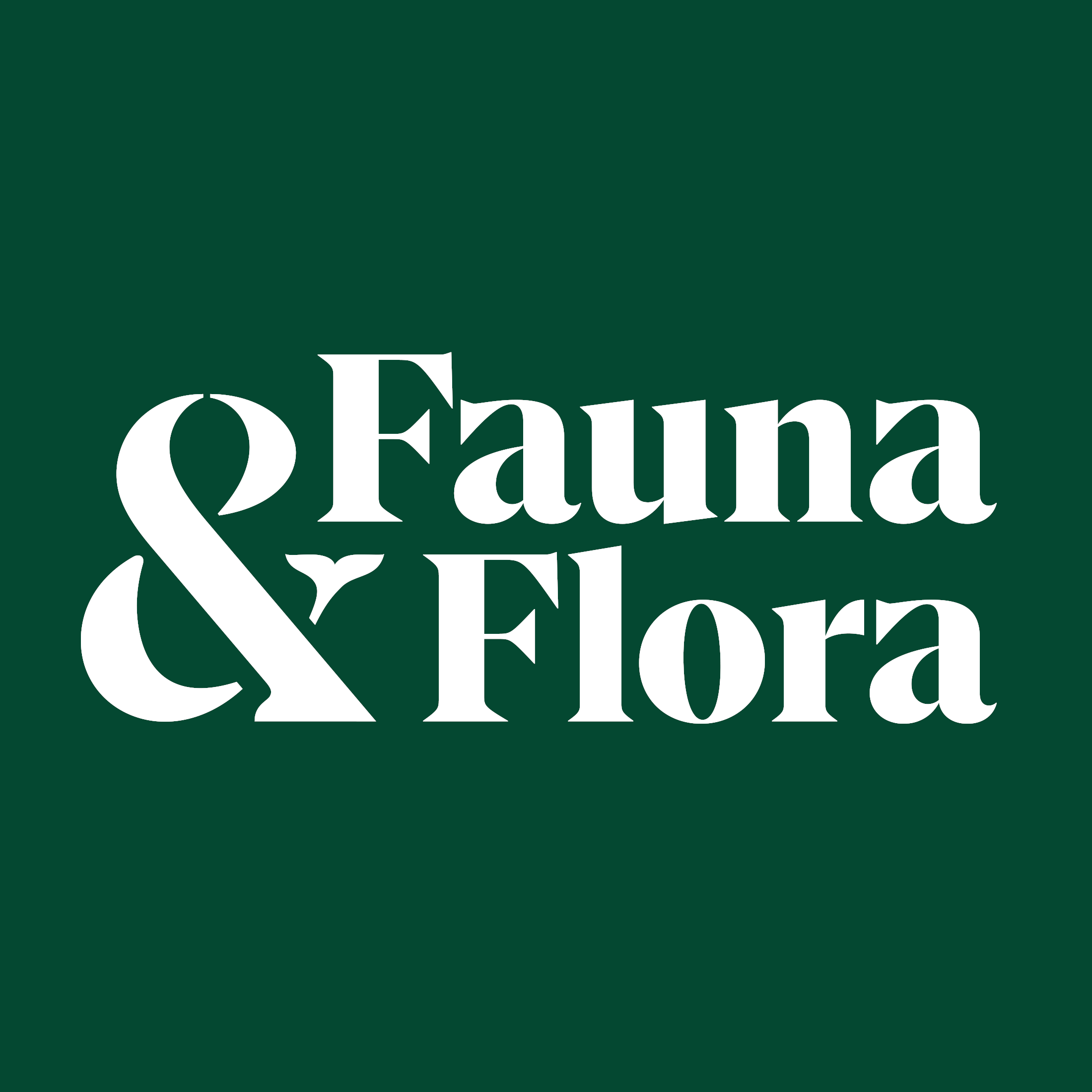



Add the first post in this thread.